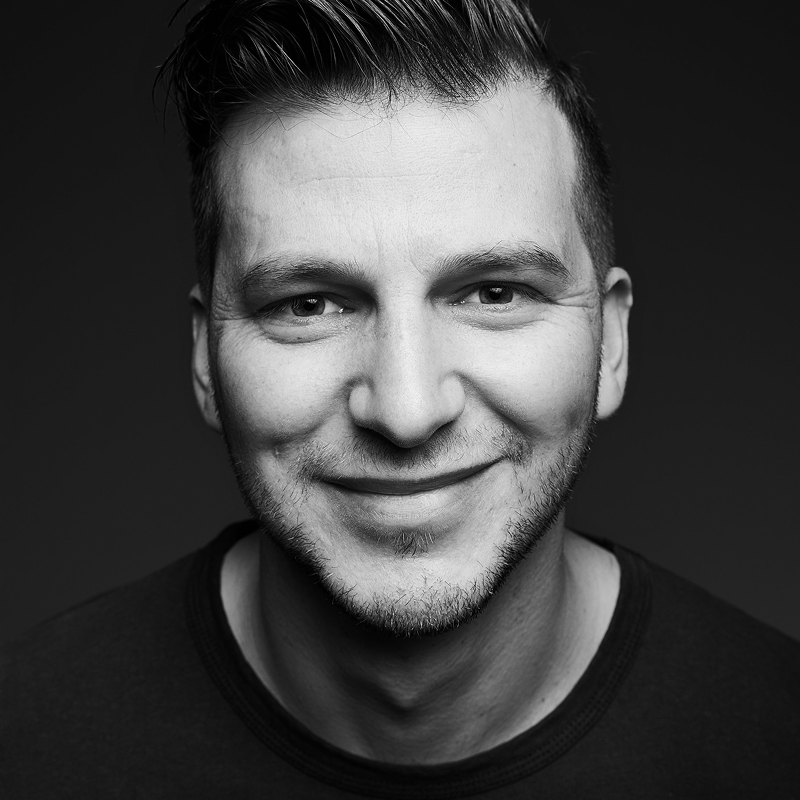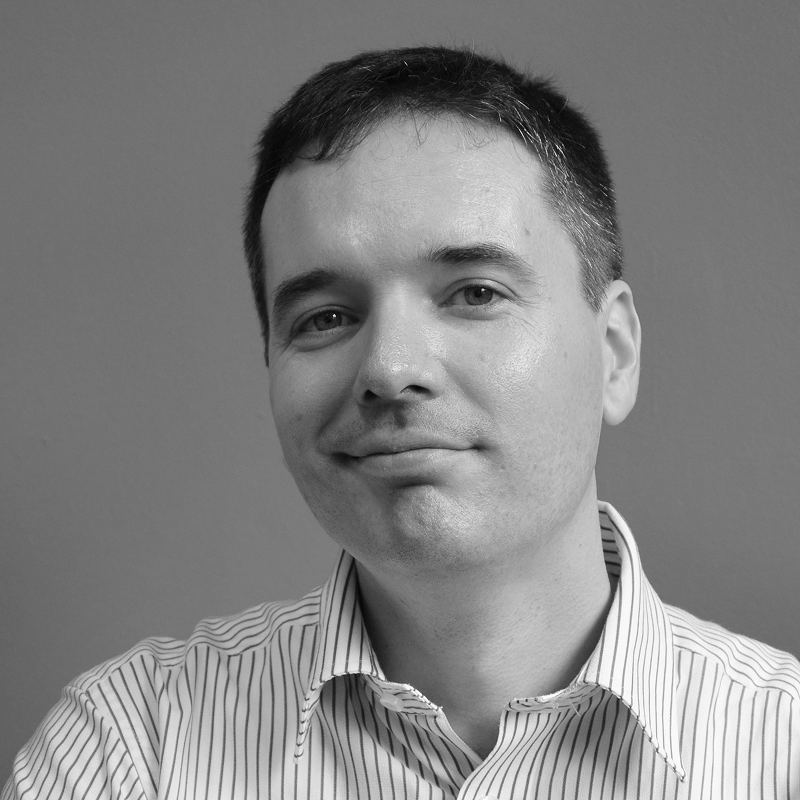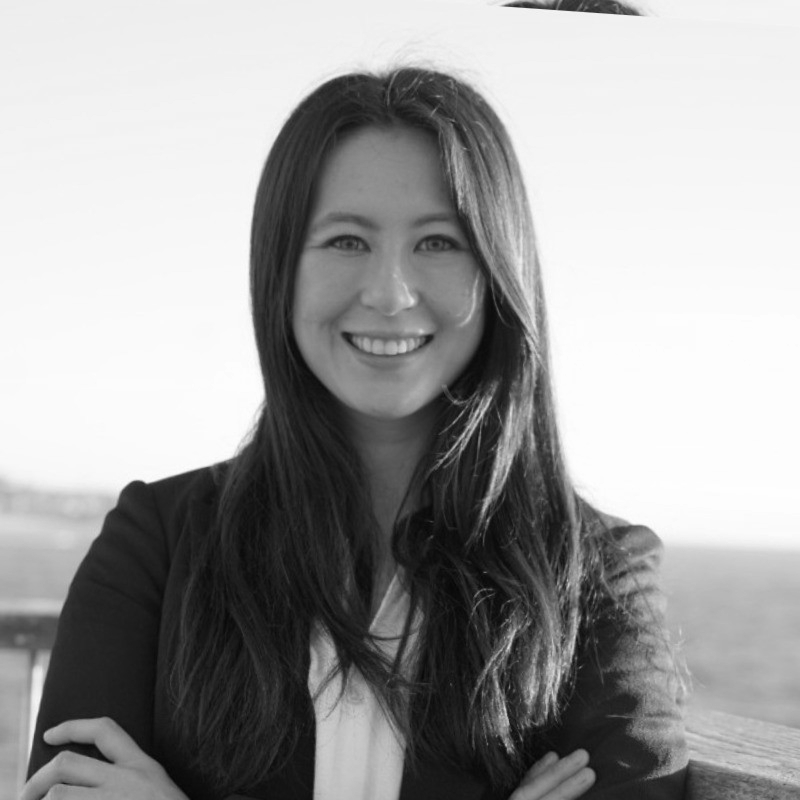
ASKING FOR A FRIEND
What are the benefits of having a mentor?
ASKING FOR A FRIEND - QUESTION
Mentorship can be a game-changer — but what does it really offer, and how do you find the right fit? Organisational psychologist Ben Searle and creative leader Shane Geffen explore the benefits of mentoring from both sides. From career support to navigating burnout, this honest conversation looks at the research-backed impact of mentoring, who gains the most, and how informal or peer mentoring can be just as powerful as traditional models. Whether you're looking for a mentor or considering becoming one, this is your guide to making mentorship work in the real world.
Working in the creative industry can sometimes feel like being dropped into the deep end without a map — or a lifeguard. There are unspoken rules, office dynamics, career decisions that seem bigger than you’re ready for, and the ever-present pressure to keep producing great work while keeping your head above water. It’s no surprise that many creatives find themselves wondering: would this be easier with a mentor?
Mentorship is often talked about like a magic fix — the thing that’ll suddenly unlock career clarity and confidence. But what does the research actually say about its impact? And more importantly, how do you find a mentor who’s the right fit, and make that relationship work in real life (not just on paper)?
To unpack this, we turned to two experts: Ben Searle, an organisational psychologist who’s spent more than two decades researching workplace wellbeing and the psychology behind mentoring, and Shane Geffen, Executive Creative Director at HERO/McCann Melbourne, who’s both had mentors and become one to others. The conversation was hosted by Rebecca Jones-Bateman, Brand Manager at Bayer and Head of Community and Growth at Never Not Creative — someone who’s deeply invested in creating supportive creative communities.
The real benefits of mentoring (backed by research)
Ben lays it out clearly: mentorship does make a difference.
"Employees who get mentoring have more rapid advancement and promotions they get more positive performance evaluations they may even have higher earnings they're more satisfied with their jobs they have better well-being and they have less work family conflict."
But he also notes — it’s not a cure-all:
"While these are benefits the benefits aren't always very strong and they're relatively weak when you compare them with things like education or training or better work design or support networks."
It’s not about finding a mentor and expecting your whole career to magically sort itself out. Like most things, it works best when paired with the right environment and effort.
Who needs mentorship most?
Mentoring tends to be most helpful when you don’t already have all the tools or insider knowledge you need to navigate your workplace.
As Ben explains:
"Mentoring tends to be more effective when it's offered to people who might have more difficulties without it."
He highlights those who may feel out of sync with workplace norms:
"One particular group of people who might not have the same sort of implicit knowledge about organizations and how they work and how the politics runs might be people who come from different cultures..."
And it’s especially helpful for neurodivergent creatives navigating complexity:
"People of neurodivergence people perhaps on the autism spectrum people with ADHD... maybe struggle with decoding unwritten rules trying to interpret internal politics making decisions about careers at the same time that they're dealing with a task that's right in front of them."
Ben also acknowledges that for socially anxious or introverted people, formal mentoring structures can offer safer, more accessible support:
"People who are more introverted and more socially anxious... might be struggling to go up to a mentor and to ask."
Mentors gain from the relationship too
It’s not just mentees who benefit. As Ben explains, mentoring can actually improve how others perceive your leadership:
"The mentors benefit mentors feel that they're getting more respect from other people they have their ratings of leadership and job performance tend to be better they're more satisfied and they're more fulfilled in their jobs."
And there’s a practical upside too:
"They also... have better information access and better social feedback than people who in the same sort of positions are not doing mentoring."
In short: mentoring is good for your career and your credibility.
Learning from people you admire (and even the ones you don’t)
Shane’s experience with mentorship has been more informal — but no less meaningful.
"I haven't necessarily gone and ask people will you be my mentor but I just I kind of see them as a mentor..."
And you don’t have to be carbon copies of each other:
"You admire something about them and you see you know you want a bit of that..."
But not every mentor is a dream guide — and that’s okay too.
"There's been a lot of mentors that I have learned from along the way... and I think the people that you know you don't really want to model yourself after you learn from them as well."
Even a not-so-great mentor can teach you something — even if it’s just what not to do when it’s your turn to lead.
How to find a mentor (without it being awkward)
Looking for mentorship? Shane offers this simple (but often overlooked) advice:
"When you're looking for a job don't necessarily look at the company or the business... look at the people that you'll be working under because that person or those people will be your mentors."
He adds:
"If you find a place where you respect the people and you learn from them that's more important than the name on the door..."
And if you’re feeling lost without a mentor? That’s real too.
"There was a stage in my career where I didn't have a mentor and you feel lost sometimes... even if you're going through symptoms of... burnouts a mentor will help... or just it's someone to bounce things off of..."
It’s not about having all the answers — it’s about having someone who’s walked the path ahead of you and can point out the potholes.
Set expectations early
Mentoring can get messy when there’s no shared understanding of how it’s meant to work. Ben offers a gentle warning here:
"It's really important that when you're trying to set up a mentoring relationship that you... start off with a clear and explicit discussion of... what sort of expectations you have..."
The biggest problems come when those expectations aren’t aligned:
"Different values or very different assumptions about the nature of the mentorship relationship... how often people will meet for how long what people are expecting of one another."
Also, know the difference between a mentor and a sponsor — they’re not always the same thing.
"If it's really about... someone who can help me get the right sort of connections... that's really a type of relationship called a sponsor..."
Don’t underestimate peer mentoring
You don’t always need a senior figure to offer wisdom from the mountaintop. Sometimes, the best support comes from someone standing right next to you.
Ben says:
"What I do now is a little bit different I have peers that I catch up with for peer mentoring... that's something that's not often discussed..."
The more experience you have, the more helpful peer mentoring becomes:
"Peer mentors can be useful at any stage of your career and they're a good way to extend your personal Network as well."
This kind of mentoring is often less intimidating, more collaborative, and equally valuable.
Mentoring won’t solve everything — but it can make a big difference
There’s no perfect formula for mentorship. It’s a relationship, not a checklist. Sometimes it’s formal, sometimes it happens by accident. Sometimes it works beautifully, and sometimes it takes a few tries to get right.
But when it works? It can change the course of your career.
Whether you’re reaching out to someone you admire, building a connection with a peer, or thinking about becoming a mentor yourself — just start. The creative industry is better when we stop pretending we all have it figured out, and start helping each other find the way.
our guests
Industry Leader

Shane Geffen
HERE / McCann
Mental Health Expert

Ben Searle
Host

